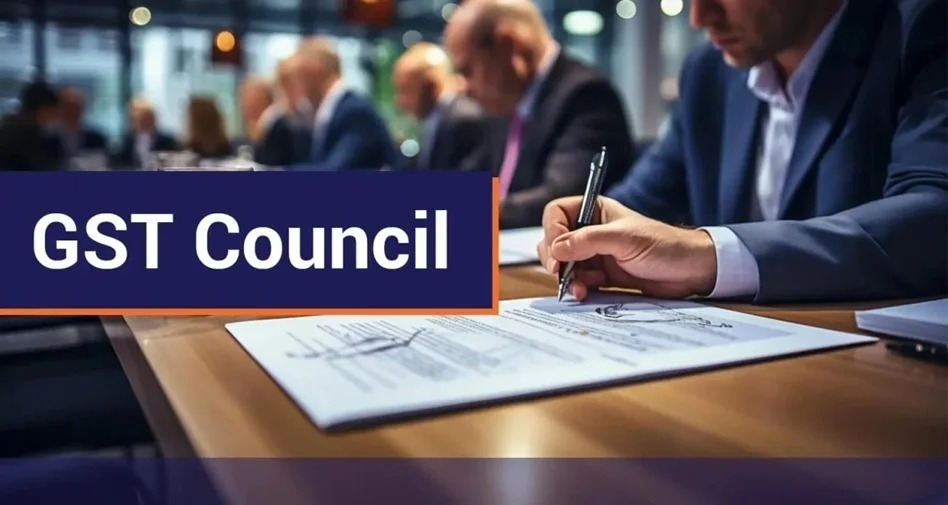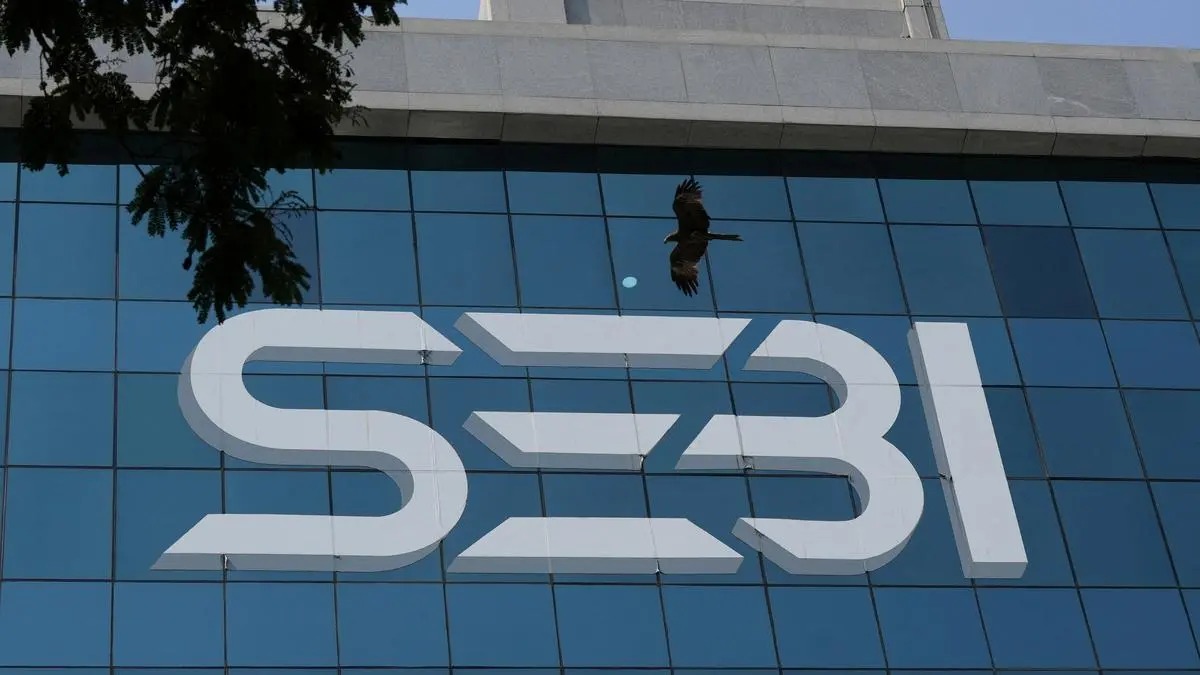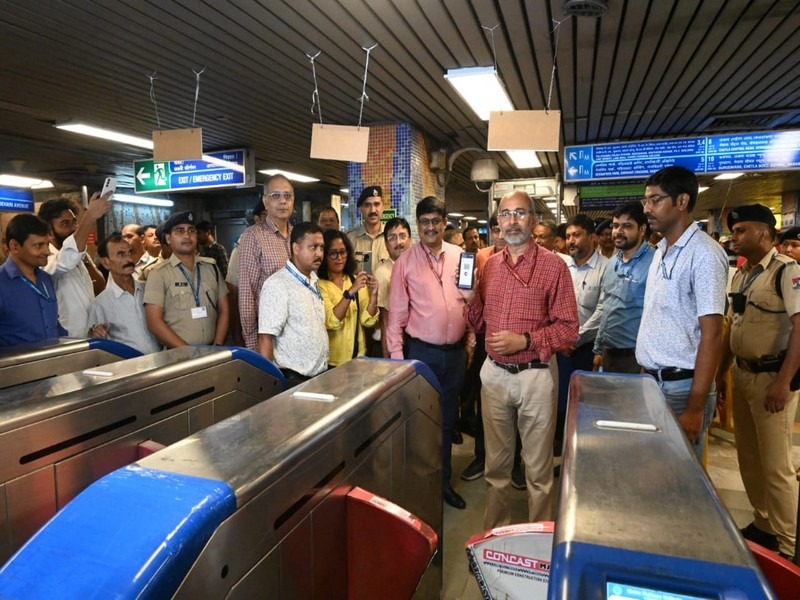
Follow WOWNEWS 24x7 on:

Tyres Are Not a Luxury: ATMA Urges GST Cut to 5% Ahead of Council Meet
In a bold appeal to the government, the Automotive Tyre Manufacturers Association (ATMA) has called for a significant reduction in the Goods and Services Tax (GST) on automotive tyres—from the current 28% to just 5%. The industry body argues that tyres, essential for mobility and logistics, should not be taxed on par with luxury goods, especially given their critical role in sectors like transportation, agriculture, mining, and infrastructure.
The demand comes just ahead of the upcoming GST Council meeting scheduled for September 3–4, where sweeping reforms are expected to be discussed, including a proposal to simplify tax slabs across categories.
Tyres: Essential, Not Extravagant
ATMA’s statement underscores the disproportionate burden placed on tyre buyers due to the current GST rate. All major categories of automotive tyres—including those for trucks, buses, passenger cars, and two-wheelers—are taxed at 28%, the highest slab under India’s GST regime. In contrast, tractor tyres attract 18% GST, and aircraft tyres are taxed at just 5%.
“Tyres are indispensable to the movement of people and goods across India. Given their essential role in supporting national priorities of agriculture, logistics efficiency, and infrastructure, tyres should not be treated on par with luxury goods,” said ATMA Chairman Arun Mammen.
The association argues that tyres are not discretionary purchases but operational necessities. Whether it’s a farmer transporting produce, a trucker hauling freight, or a commuter navigating city roads, tyres are central to India’s mobility ecosystem.
Economic Impact: Lower GST, Lower Costs
Reducing GST on tyres could have a ripple effect across the economy. ATMA estimates that a lower tax rate would directly reduce vehicle operating costs, thereby lowering logistics expenses and improving competitiveness for small traders, farmers, and service providers.
In sectors like mining and construction, where tyre wear is frequent and replacements are costly, a lower GST rate could significantly ease financial pressure. The association also highlighted the potential for improved affordability in rural areas, where transportation costs are a major barrier to market access.
“A 5% GST rate would provide meaningful relief to enterprises that rely on affordable transportation,” ATMA noted in its communication to Union Finance Minister Nirmala Sitharaman.
Input Tax Credit Concerns
ATMA also flagged a technical challenge that could arise from GST rationalization: the accumulation of unutilized Input Tax Credit (ITC) with tyre dealers. If the GST rate is reduced without transitional provisions, dealers may face working capital blockages due to excess ITC.
To address this, ATMA has recommended a one-time refund of unutilized ITC and urged the government to announce revised rates promptly to avoid disruption in the supply chain.
Policy Context: GST Council’s Reform Agenda
The GST Council, chaired by the Union Finance Minister and comprising finance ministers from all states and union territories, is set to meet this week to deliberate on rate rationalization. The Centre has proposed a simplified structure where most goods would be taxed at either 5% or 18%, eliminating the 28% slab for non-luxury items.
ATMA’s appeal aligns with this broader reform agenda and adds pressure on policymakers to reconsider the classification of tyres. The association represents over 95% of India’s tyre industry and is recognized as an authoritative voice by the government, media, and stakeholders.
What’s at Stake?
The outcome of the GST Council meeting could reshape the cost structure of India’s mobility sector. A favorable decision would not only benefit tyre manufacturers and dealers but also extend relief to millions of vehicle owners and operators across the country.
As India pushes for infrastructure-led growth and improved logistics efficiency, treating tyres as essential goods rather than luxury items could be a small but powerful step toward inclusive economic development.
Sources: Business Standard, Livemint, Devdiscourse, ATMA India – Official Website



